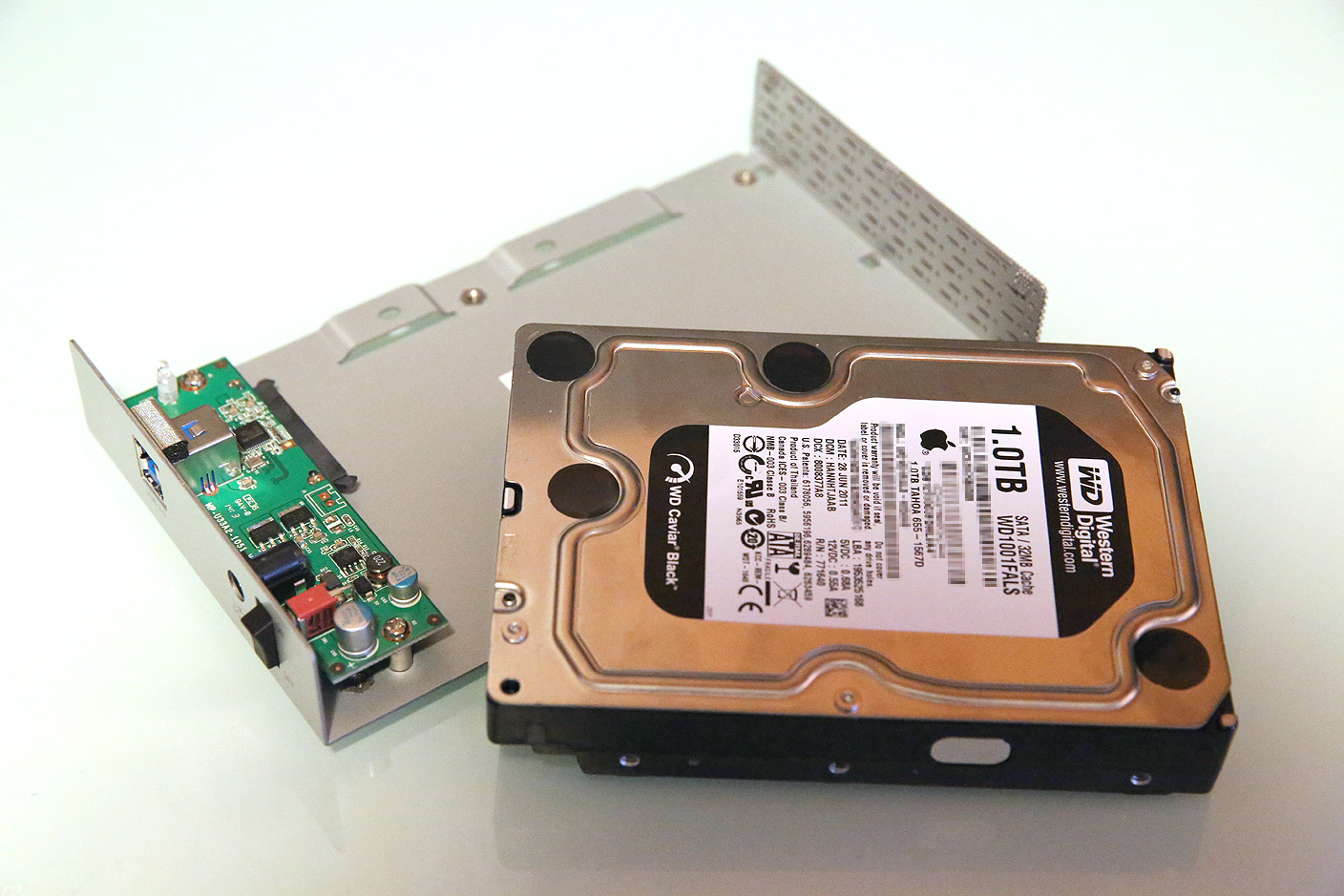
They’re easy to install-simply plug them in with your USB or FireWire cable, and you’re ready to save files directly to the new external drive. HDDs are integral to the functionality of your computer, and whether you have an internal or an external preference, both can lend themselves well to the value of your PC.Įxternal hard drives offer a wealth of conveniences. There would be no information to access, to way to save your files, and nothing for your computer to look for when you try to perform any action whatsoever. And in both cases, hard drives are essential to using a computer-and you can’t have a computer that doesn’t have at least one internal hard drive. At the core, they are almost the same kind of device. Internal and external drives do the same thing as well, they store your files and retrieve them when needed.

Both write data to a magnetic disk by spinning it against a magnetized arm. The device itself is relatively similar in both situations.

While you may be able to start considering the pros and cons in your head, you can find out more details between the two drives by understanding how each is useful in certain situations. In tech-free terms: internal hard drives work inside your computer external hard drives work outside your computer. First off, the main difference between an internal drive versus and external one is this: internal hard drives are installed within the body (laptop) or tower (desktop) of your computer, while external hard drives connect to your computer via a USB or FireWire connection.


 0 kommentar(er)
0 kommentar(er)
